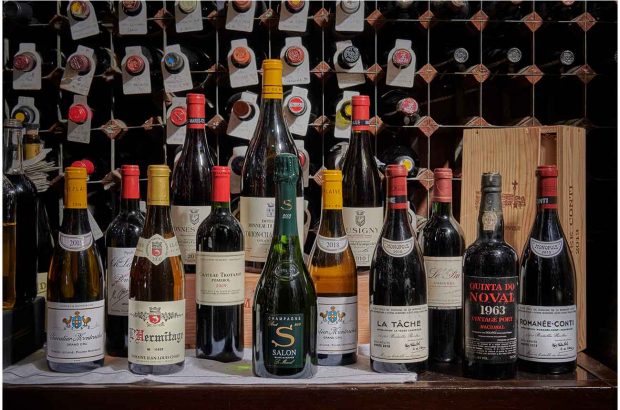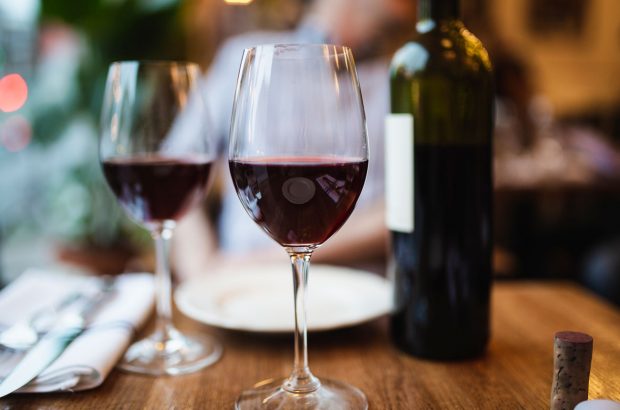Or should you just stick to the most recent vintage...?
Does rosé wine age well? – ask Decanter
Stephen Powell, London, asks: Does rosé age, or should I always go for the most recent vintage?
Richard Bampfield MW, a wine educator, speaker and judge, replies:
Dry rosé wines in the Provençal style would generally be drunk as young as possible, preferably from the most recent vintage.
However, new entrants such as Domaines Sacha Lichine are introducing oak-aged rosés (Garrus, Les Clans), made from their best grapes, and there are early indications that these have ageing potential.
The top dry rosés from Bandol are also considered to have ageing potential over perhaps three to five years.
SEE ALSO:
-
Is pale rosé better? – ask Decanter
-
Provence rosé winners at Decanter World Wine Awards 2017
-
Rosé winemaking methods – ask Decanter
-
Top rated rosé Champagne
Sweeter styles of rosé such as Rose d’Anjou and Californian blush Zinfandel, as well as rosés from the southern hemisphere, are definitely made to be drunk as young as possible.
The one exception to the ‘drink rosé young’ rule is vintage rosé Champagne, the best examples of which age wonderfully.
Mature vintage rosés from Dom Pérignon, Dom Ruinart, Roederer Cristal, Billecart-Salmon and some others deserve a place among the world’s greatest wines.
First published in the July 2014 issue of Decanter. Subscribe to Decanter here.
-
Got a question for Decanter’s experts? Email us: editor@decanter.com or on social media with #askDecanter
More questions answered:

Acidity and wine age – ask Decanter
Does acidity remain constant or can it alter over time? Stephen Skelton MW explains the relationship between acidity and wine

Do crémants age as well as Champagne? – Ask Decanter
Does Crémant de Bourgogne age as well as Champagne?

Ageing Chianti Classico wines – ask Decanter
Ian d'Agata on how well Chianti ages...

Are wines sweeter when they are younger? – ask Decanter
Why do wines seem sweeter when younger...?

Primary vs tertiary wine aromas: what’s the difference?
What is the difference between primary and secondary aromas?

High alcohol wines – ask Decanter
Do higher alcohol levels in wines impact on cellaring potential and drinking windows?

Rosé winemaking methods – ask Decanter
How do I know how my rosé is made?

The rosé wine quiz – test your knowledge

Is pale rosé wine better quality? – ask Decanter
Always pick the lightest...?




